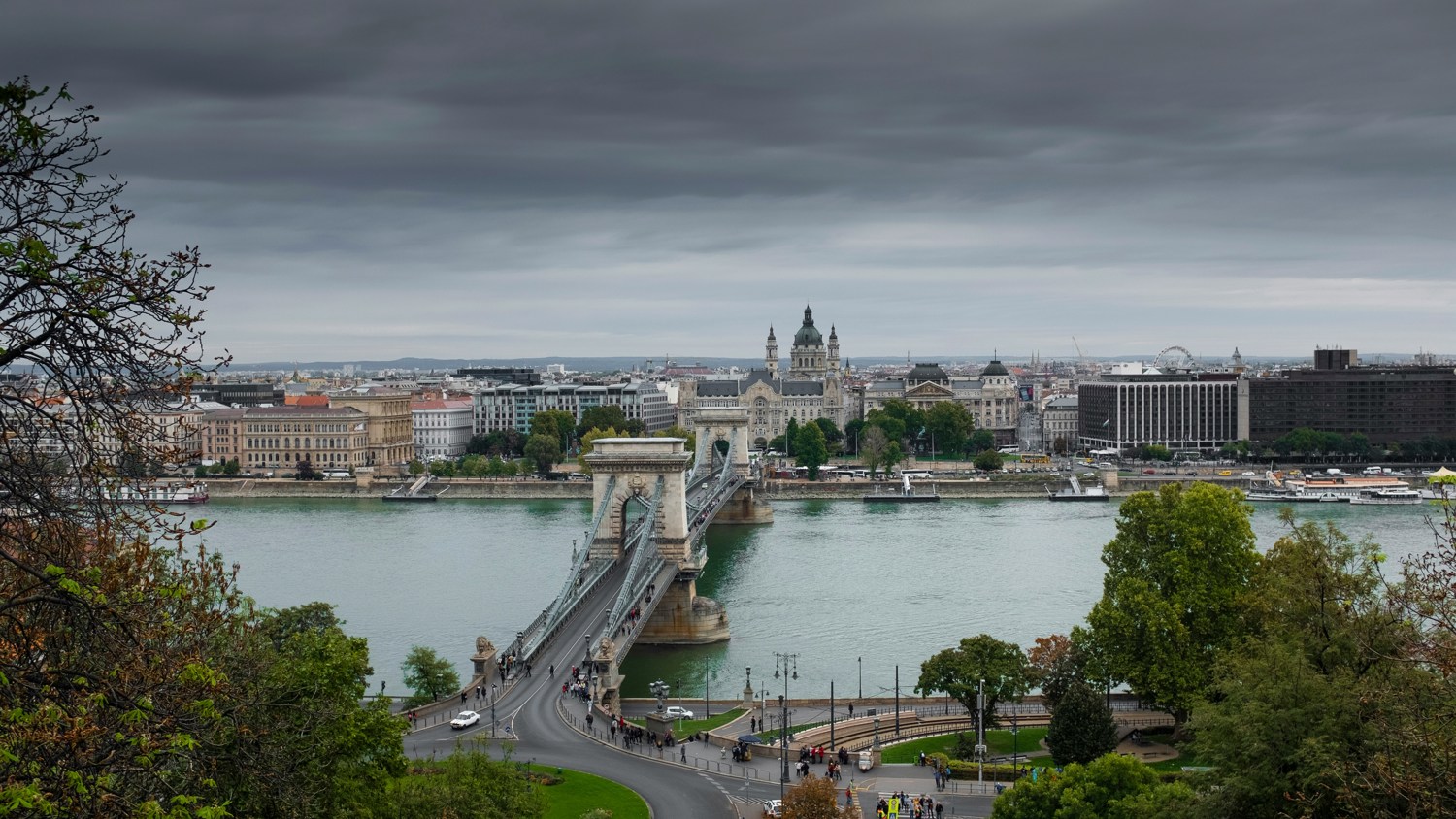Third call for project proposals - Danube programme

Deadline
0
Days
Danube programme launches its third targeted call for project proposals
The programme's third Call for Project Proposals is open until 15 Dec 2025, 14:00 CET. Projects start on 1 July 2026, lasting up to 30 months. The programme provides supporting webinars, one-to-one consultations with programme officers, and national info days.
Programme
Danube
Details
Deadline for application
15 December 2025
Open for application
Explore the call
10 October 2025
Themes
Smarter Europe
Interreg drives innovation, competitiveness, digitalisation and smart specialisation across regions. It supports research, technology and entrepreneurship to build strong, future-ready economies.
Greener Europe
Interreg invests in projects that promote a low-carbon economy, tackle climate change and encourage a circular economy. It supports risk prevention, nature protection, sustainable energy and water management to help build a greener, more sustainable future.
Interreg promotes inclusion, employment and access to quality health, education, training and skills. It also supports culture, sustainable tourism and equality to create a fairer, more inclusive society.
Better Governance
Interreg strengthens institutional capacity and encourages collaboration across borders. It reduces legal and administrative obstacles, promotes mutual trust and citizens’ cooperation, and reinforces governance structures in place. It also helps build more transparent, inclusive and sustainable democratic governance.
Eligibility
Eligible countries
(0)
Who is behind the call
Danube
This programme supports transnational cooperation across 14 countries in the Danube region, focusing on reducing socio-economic disparities and fostering innovation, climate resilience, and efficient public administration. Key priorities include boosting innovation and technology transfer, enhancing skills for industrial transition, promoting renewable energy, preserving biodiversity, and addressing climate-related risks. Additionally, the program emphasizes promoting social inclusion through effective labor markets, education and training, and social innovation. The programme also supports collaboration between EU member states and candidate countries to achieve common goals.
